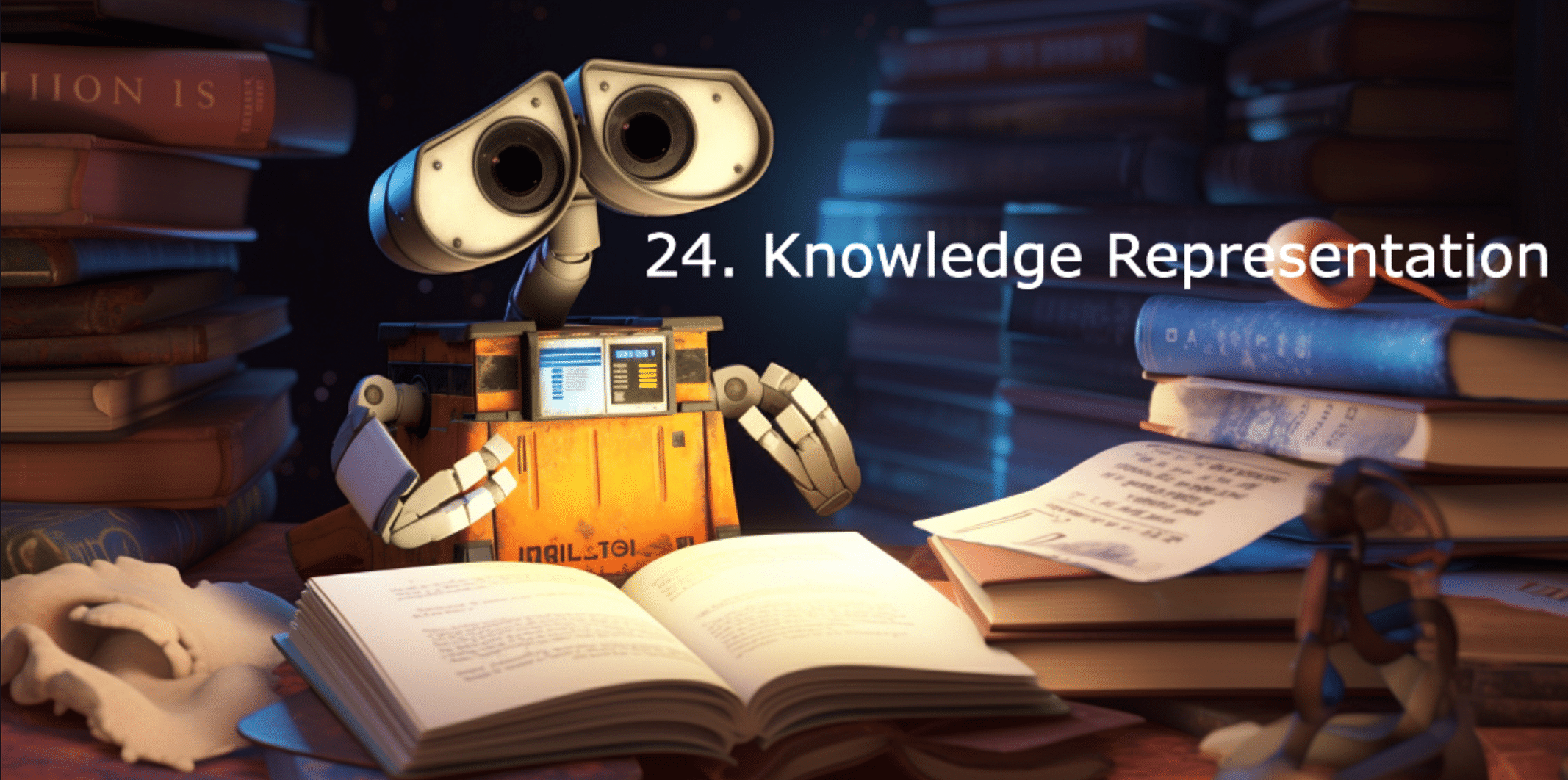Knowledge Representation is a fundamental pillar in the realm of Artificial Intelligence (AI), enabling machines to store, organise, and utilise information in a structured manner. It serves as the foundation for building intelligent systems that can reason, learn, and make informed decisions. In this article, we explore the concept of Knowledge Representation, its techniques, and its significance in developing AI systems capable of understanding and manipulating complex information.
The Essence of Knowledge Representation:
Knowledge Representation involves capturing knowledge and representing it in a form that machines can comprehend and process. It aims to bridge the gap between human knowledge and machine understanding, enabling AI systems to reason, infer, and learn from the available information.
Techniques of Knowledge Representation:
There are various techniques used for Knowledge Representation, including logical representations, semantic networks, frames, ontologies, and rule-based systems. These techniques provide a structured framework to represent facts, relationships, rules, and concepts in a machine-readable format.
The Role of Knowledge Representation in AI Systems:
Knowledge Representation plays a vital role in the development of intelligent systems. It allows machines to access and manipulate information, make inferences, solve problems, and adapt to changing circumstances. By organising knowledge effectively, AI systems can exhibit advanced reasoning abilities and provide meaningful insights.
Applications of Knowledge Representation:
Knowledge Representation finds applications in diverse domains. In healthcare, it aids in medical diagnosis, treatment planning, and drug discovery. In robotics, it enables robots to understand their environment, perform complex tasks, and interact with humans effectively. Knowledge Representation also has applications in natural language processing, expert systems, intelligent tutoring systems, and more.
Knowledge Representation forms the bedrock of intelligent systems, facilitating the organisation and utilisation of information in AI. By representing knowledge in a machine-readable format, we empower machines to reason, learn, and make informed decisions. The effective utilisation of Knowledge Representation techniques unlocks the potential for AI systems to understand complex domains and provide valuable insights in various fields.
In future articles, we will continue exploring other AI terminologies such as Explainable AI, Swarm Robotics, and Natural Language Generation. Stay tuned to expand your understanding of AI’s diverse landscape and its profound impact on multiple industries.









